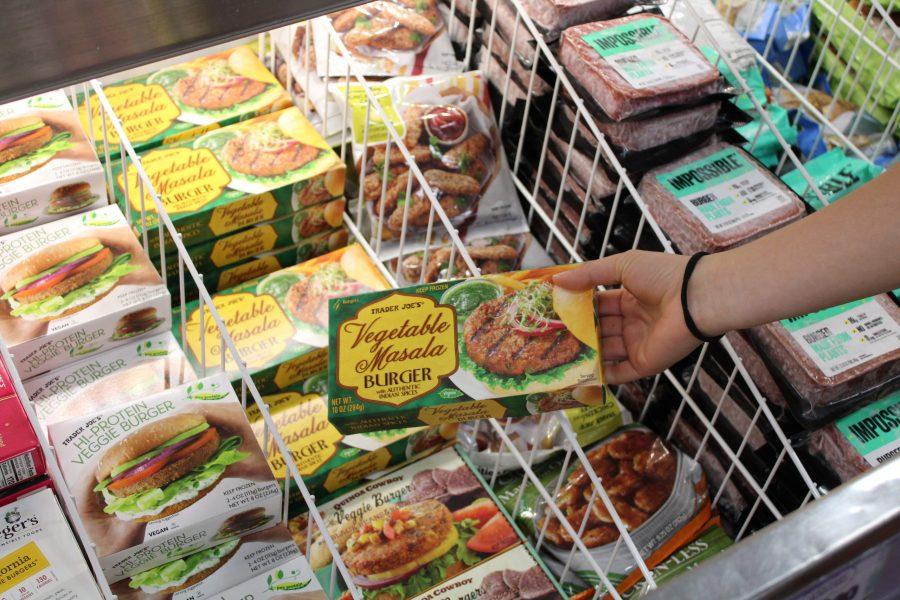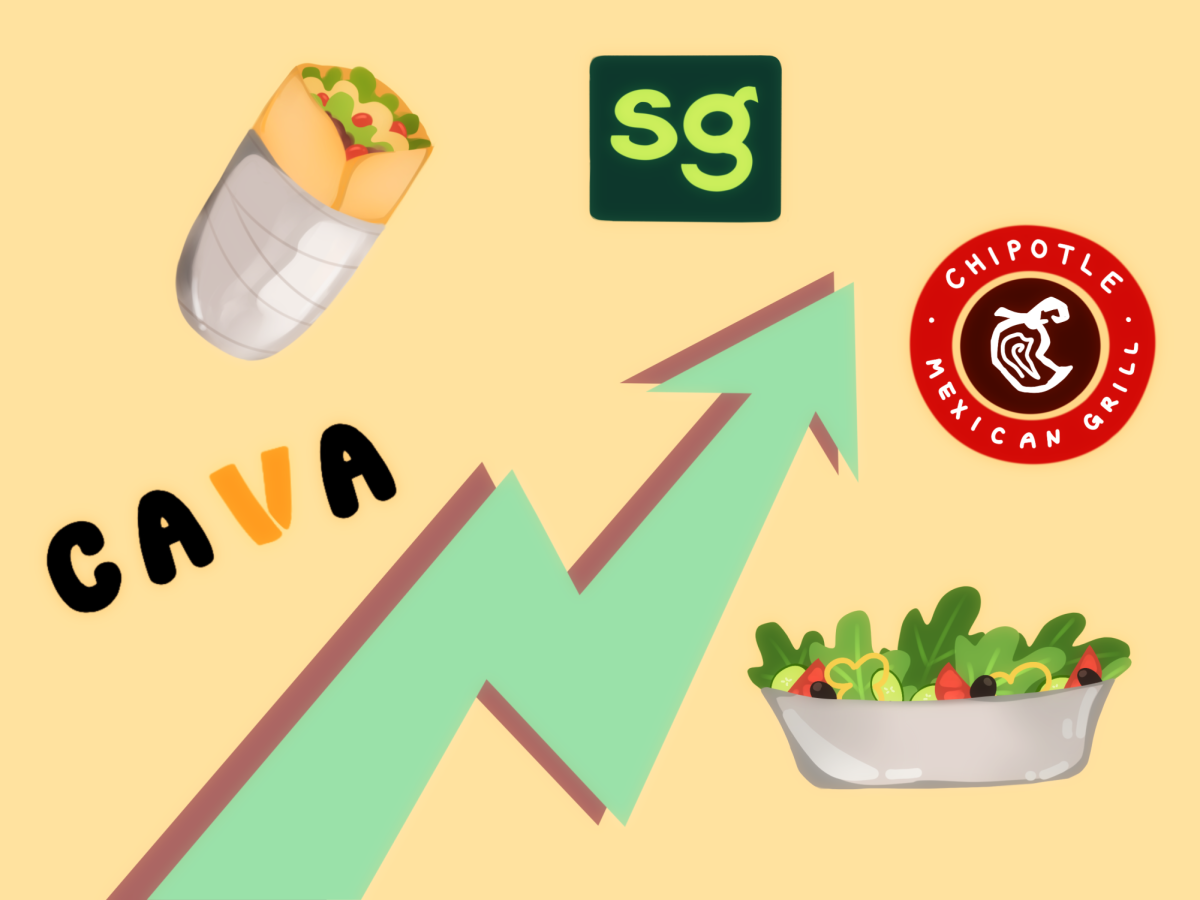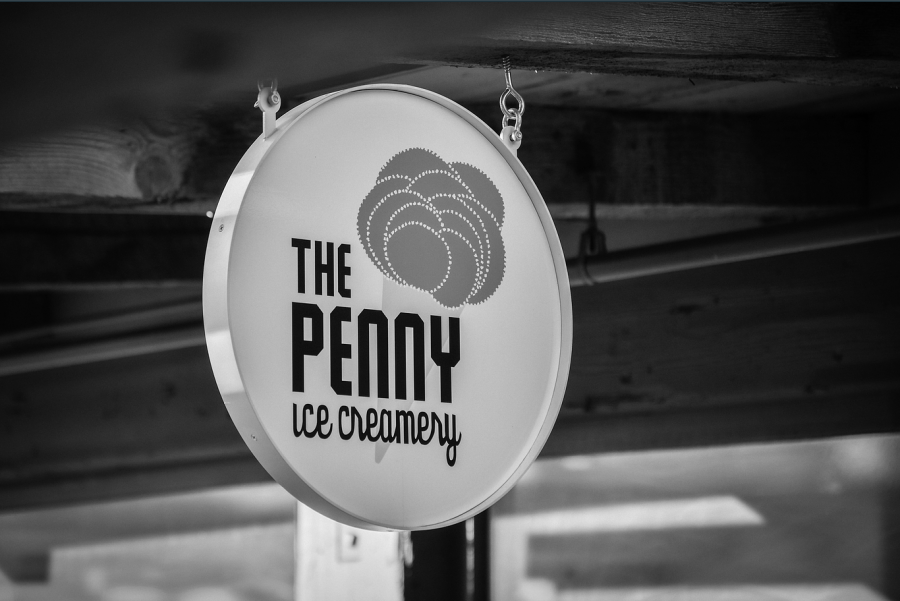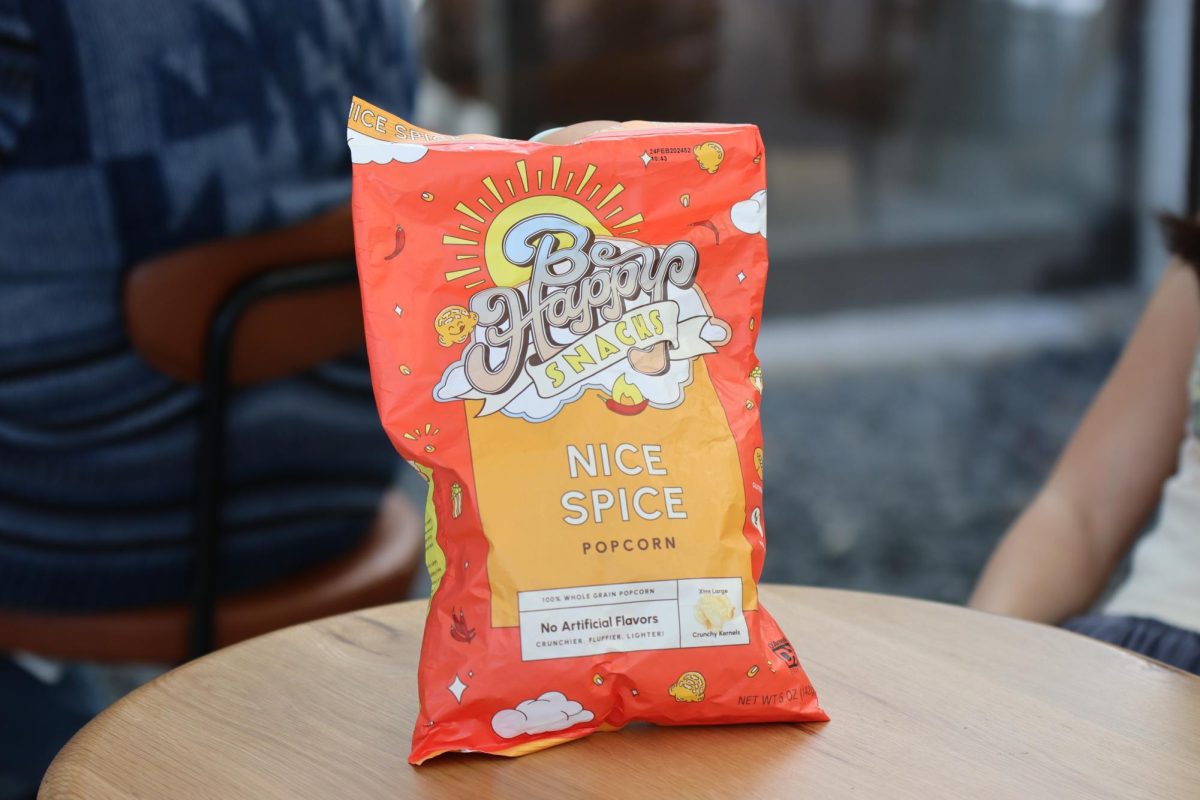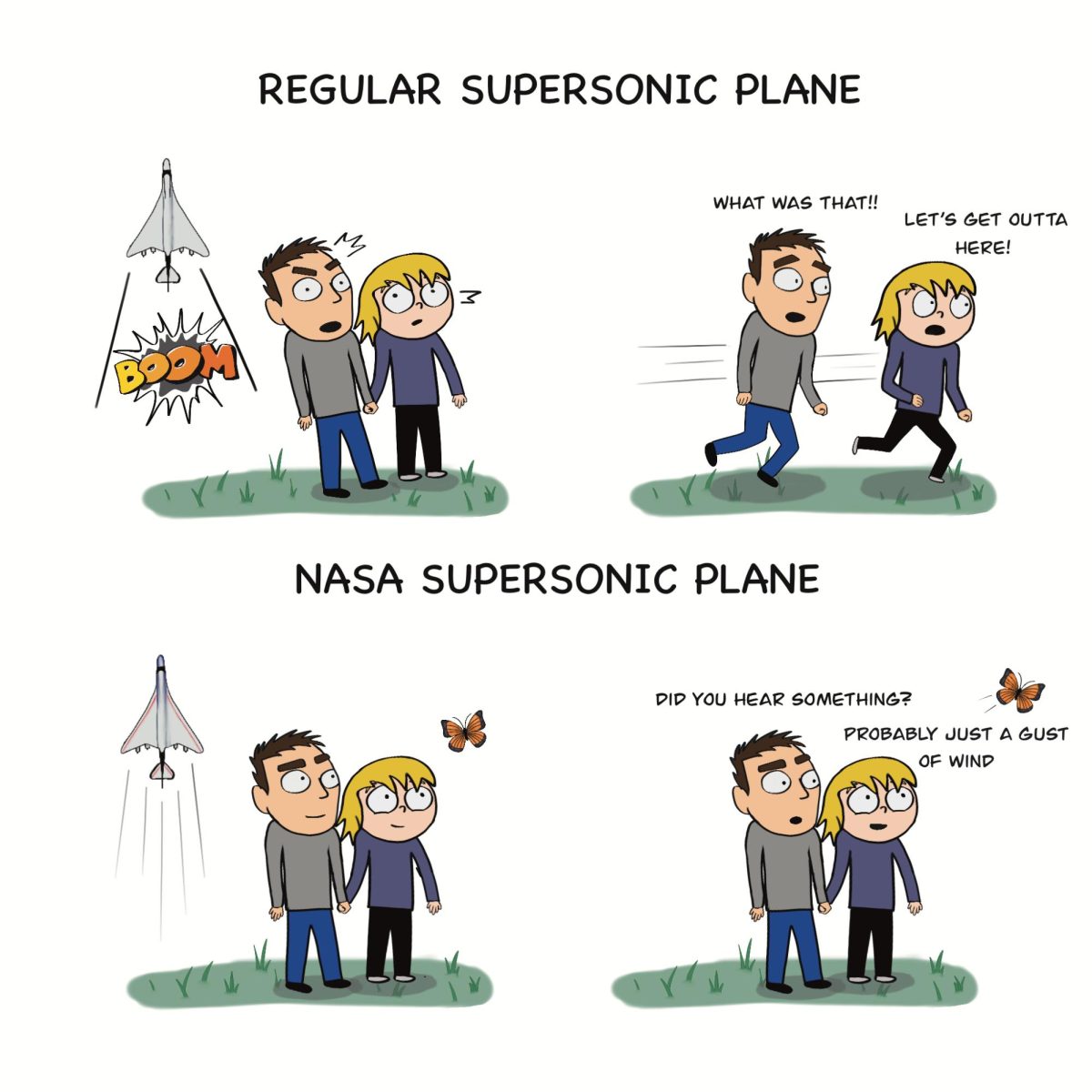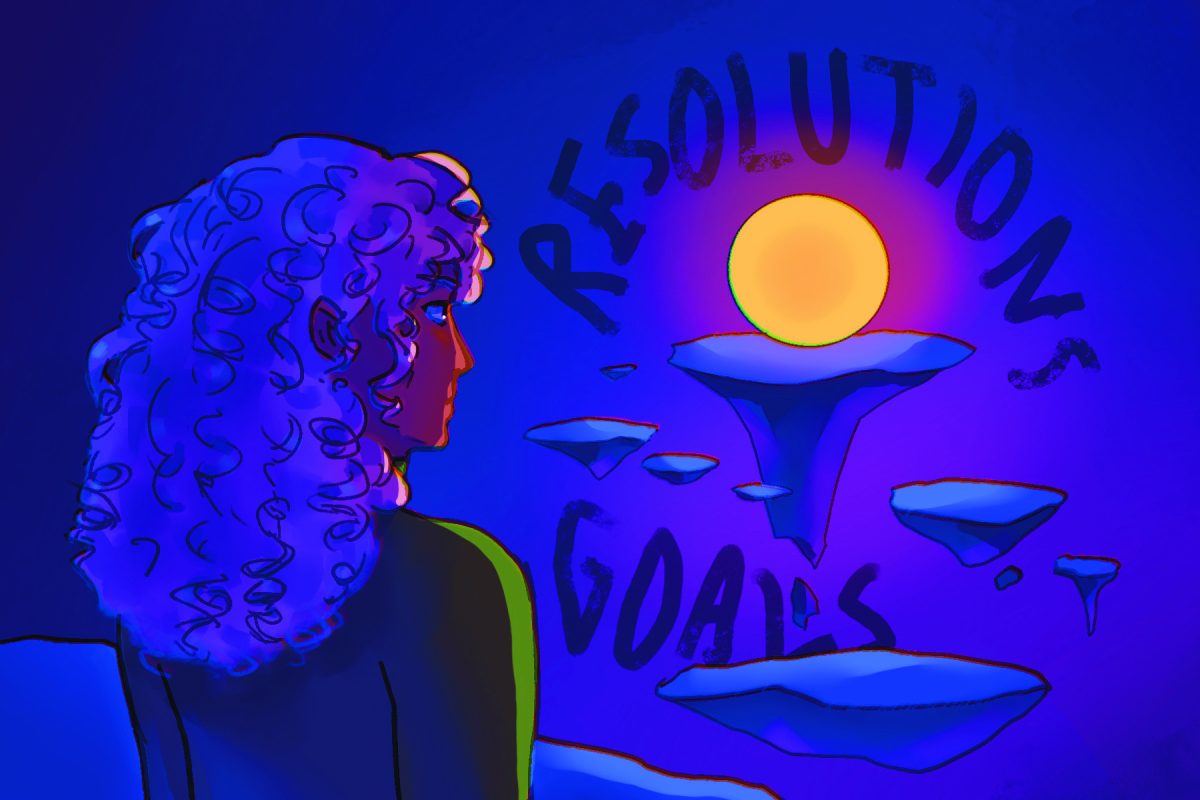The story of Impossible Foods goes like this: founder Patrick Brown was on a sabbatical from his professorship of Biochemistry at Stanford University when he realized he wanted to tackle what he considered the greatest environmental problem – the use of animals to produce food. He decided the best way to solve the consumption of meat would be to offer a competing product in the market, and Impossible Foods was born.
Currently, the meat industry uses 33.5% of all habitable land on Earth and creates nearly 60% of all greenhouse gas emissions from food production, and the demand for meat grows more than 1% each year.
Rebekah Moses, the former Head of Impact at the plant-based meat company Impossible Foods, said the world’s increasing appetite for meat is unsustainable in this blog post on the company’s website.
“Farming animals may take up half the internationally recognized climate budget (for greenhouse gas emissions), despite the flexible nature of what people eat,” Moses said. “Continuing to rely on animals for meat will overextend natural resources beyond repair.”
Because of its ease of integration into both the food industry and people’s diets, Moses said the best solution to cut meat consumption is shifting to plant-based meat.
“A plant-based meat transition wouldn’t require new infrastructure or new forms of capital,” Moses said. “A plant-based food system would bend existing value chains (other companies’ infrastructure and practices), unlike the drastic energy infrastructure changes proposed to upend coal … It also wouldn’t require depending on rapid and dramatic yield improvements in the existing agricultural system.”
Wildtype, a company that focuses on cell-cultured seafood – seafood grown in a lab – recently raised $100 million to further its research.
“Plant-based alternatives have certainly come a long way, and we imagine they will continue to improve in quality and culinary appeal,” co-founder Aryé Elfenbein said.
Elfenbein also said many different solutions exist to solve what he called the meat industry conundrum.
“We envision a future where wild-caught fish, farmed fish, plant-based fish and cultivated fish all exist on a menu; no single technology or industry category will be able to solve the myriad underlying problems facing our oceans today,” Elfenbein said. “As the problems of unsustainability and increased demand continue to intensify, we believe there is plenty of room for all categories to continue growing”.
Despite its fast-paced growth, the meat alternative industry still faces many obstacles, says Elfenbein. One problem that cell-cultured companies face is the use of animal-derived serum, a component of blood, which is derived from harming or killing animals. This serum is used because of its growth factors – molecules capable of stimulating the growth of cells. However, Elfenbein said Wildtype is working on developing a solution to this predicament.
“Academia and the pharmaceutical industries have shown us that animal serum is not required to grow cells at a large scale, and this is something that our industry will similarly accomplish,” Elfenbein said. “In our case, our fish cells can grow without serum or with serum; we are currently working to optimize our serum-free formulations to achieve the same yields as serum-containing formulations.”
Elfenbein credits a portion of Wildtype’s success in research and development to the Bay Area’s innovative environment.
“The starting infrastructure only existed in a small number of US cities when we began in 2016,” Elfenbein said. “The concentration of high-caliber, innovation-leading universities, accelerators, and incubators in this area similarly contributed to an environment where this kind of technology could develop.”
Culinary Arts teacher Theresa McDermott agrees and said the attitude of Bay Area consumers is perfect for meat-alternative companies.
“The Bay Area is a unique and wonderful place,” McDermott said. “ We are not only known for start-ups, but also for strong environmental protections, for progressive thinking, for the diversity of our population, and for the natural beauty of our location. These factors contribute to the drive to find alternatives for traditional food production.”

